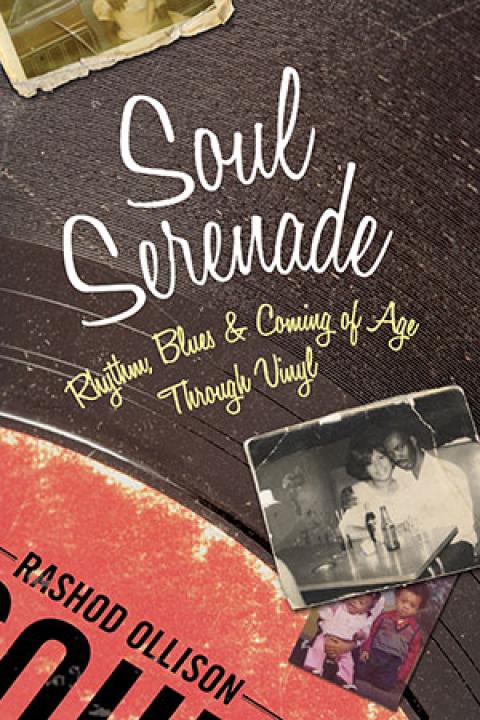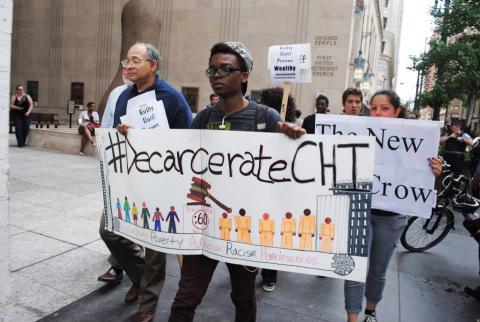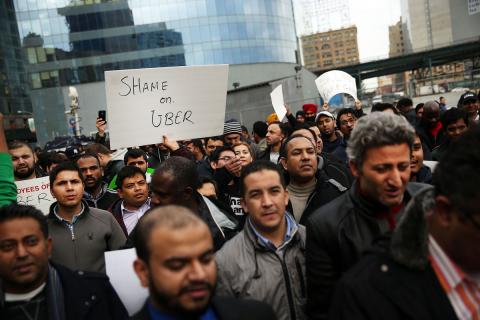Lesson Plan: Teaching With Protest Music
The New York Times
Studying the protest music of the past or present can be a powerful and engaging teaching tool for students, whether the goal is to better understand a historical time period, analyze the power of lyrics and poetry, understand forces of social change or respond to current issues.










Spread the word